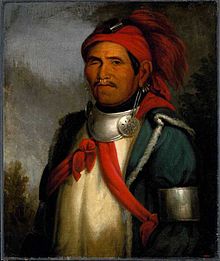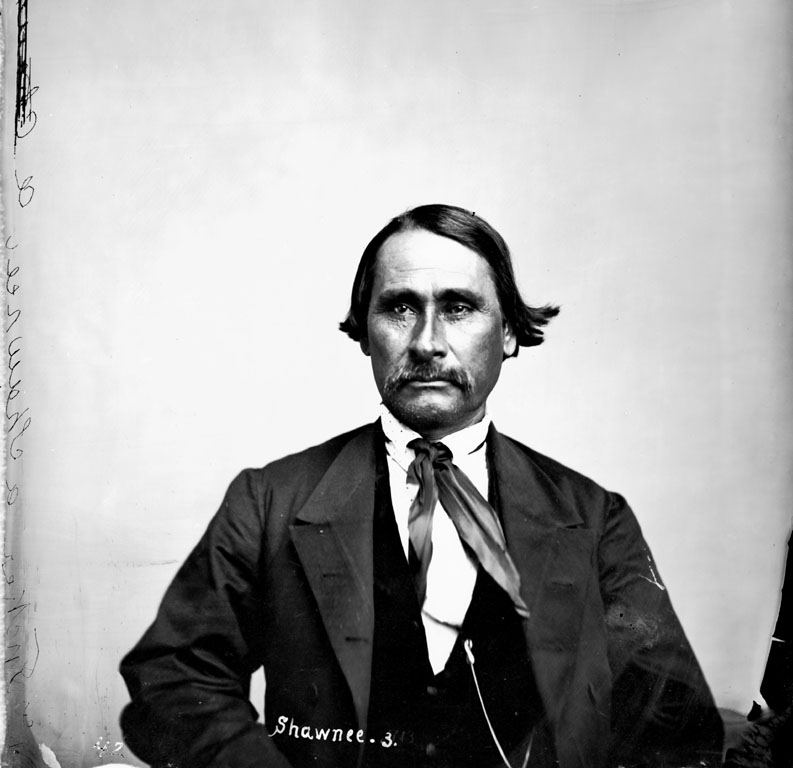
Pictures
"So live your
life that the fear of death can never enter your heart.
Trouble no one about their religion; respect others in their view, and
Demand that they respect yours. Love your life, perfect your life,
Beautify all things in your life. Seek to make your life long and
Its purpose in the service of your people.
Prepare a noble
death song for the day when you go over the great divide.
Always give a word or a sign of salute when meeting or passing a friend,
Even a stranger, when in a lonely place. Show respect to all people and
Bow to none. When you arise in the morning, give thanks for the food and
For the joy of living. If you see no reason for giving thanks,
The fault lies only in yourself. Abuse no one and nothing,
For abuse turns the wise ones to fools and robs the spirit of its
vision.
When it comes
your time to die, be not like those whose hearts
Are filled with fear of death, so that when their time comes
They weep and pray for a little more time to live their lives over again
In a different way. Sing your death song and die like a hero going
home."
Tecumseh
(/tɛˈkʌmsə/; March 1768 – October 5, 1813) was a Native American leader
of the Shawnee and a large tribal confederacy (known as Tecumseh's
Confederacy) which opposed the United States during Tecumseh's War and
the War of 1812. Tecumseh has become an iconic folk hero in American,
Aboriginal and Canadian history.
Tecumseh grew up in the Ohio Country during the American Revolutionary
War and the Northwest Indian War, where he was constantly exposed to
warfare. With Americans continuing to encroach on Indian territory
after the British ceded the Ohio Valley to the new United States in
1783, the Shawnee moved farther northwest. In 1808, they settled
Prophetstown in present-day Indiana. With a vision of establishing an
independent Native American nation east of the Mississippi under
British protection, Tecumseh worked to recruit additional tribes to the
confederacy from the southern United States.
During the War of 1812, Tecumseh's confederacy allied with the British
in The Canadas (the collective name for the colonies of Upper Canada
and Lower Canada), and helped in the capture of Fort Detroit. American
forces killed Tecumseh in the Battle of the Thames, in October 1813.
With his death, his confederation disintegrated. Some tribes simply
stopped fighting. Accordingly, the British deserted their Indian allies
at the peace conference that ended the War of 1812. As a result, the
dream of an independent Indian state in the Midwest vanished, and
American settlers took possession of all the territory south of the
Great Lakes, driving the Indians west or into reservations.
"In
defiance of the white warriors of Ohio and Kentucky, I have traveled
through their settlements, once our favorite hunting grounds. No
war-whoop was sounded, but there is blood on our knives. The Pale-faces
felt the blow, but knew not whence it came. Accursed be the race that
has seized on our country and made women of our warriors. Our fathers,
from their tombs, reproach us as slaves and cowards. I hear them now in
the wailing winds. The Muscogee was once a mighty people. The Georgians
trembled at your war-whoop, and the maidens of my tribe, on the distant
lakes, sung the prowess of your warriors and sighed for their embraces.
Now your very blood is white; your tomahawks have no edge; your bows
and arrows were buried with your fathers. Oh! Muscogees, brethren of my
mother, brush from your eyelids the sleep of slavery; once more strike
for vengeance; once more for your country. The spirits of the mighty
dead complain. Their tears drop from the weeping skies. Let the white
race perish. They seize your land; they corrupt your women; they
trample on the ashes of your dead! Back, whence they came, upon a trail
of blood, they must be driven. Back! back, ay, into the great water
whose accursed waves brought them to our shores! Burn their dwellings!
Destroy their stock! Slay their wives and children! The Red Man owns
the country, and the Pale-faces must never enjoy it. War now! War
forever! War upon the living! War upon the dead! Dig their very corpses
from the grave. Our country must give no rest to a white man's bones.
This is the will of the Great Spirit, revealed to my brother, his
familiar, the Prophet of the Lakes. He sends me to you. All the tribes
of the north are dancing the war-dance. Two mighty warriors across the
seas will send us arms. Tecumseh will soon return to his country. My
prophets shall tarry with you. They will stand between you and the
bullets of your enemies. When the white men approach you the yawning
earth shall swallow them up. Soon shall you see my arm of fire
stretched athwart the sky. I will stamp my foot at Tippecanoe, and the
very earth shall shake.”
—Tecumseh's Speech at Tuckaubatchee, 1811
Tecumseh
(in Shawnee, Tekoomsē, meaning "Shooting Star" or "Panther Across The
Sky", also known as Tecumtha or Tekamthi) was born about March 1768.
His birthplace, according to popular tradition, was Old Chillicothe[7]
(the present-day Oldtown area of Xenia Township, Greene County, Ohio,
about 12 miles (19 km) east of Dayton). As Old Chillicothe was not
settled by the Shawnee until 1774, it is believed that Tecumseh may
have been born in a different "Chillicothe" (in Shawnee, Chalahgawtha),
which was the tribe's name for its principal village, wherever it was
located. Tecumseh is believed to have been born in Chillicothe along
the Scioto River, near the present-day city of Chillicothe, Ohio, or,
maybe, in another village the Kispoko had erected not far away, along a
small tributary stream of the Scioto, where his family moved just
before or not long after his birth.[8]
When Tecumseh was a boy, his father Puckshinwa was "brutally murdered"
by white frontiersmen who had crossed onto Indian land in violation of
a recent treaty, at the Battle of Point Pleasant during Lord Dunmore’s
War in 1774. Tecumseh resolved to become a warrior like his father and
to be "a fire spreading over the hill and valley, consuming the race of
dark souls."[9][10]
At age 15, after the American Revolutionary War, Tecumseh joined a band
of Shawnee who were determined to stop the white invasion of their
lands by attacking settlers' flatboats traveling down the Ohio River
from Pennsylvania. In time, Tecumseh became the leader of his own band
of warriors. For a while, these Indian raids were so effective that
river traffic virtually ceased.
"No tribe has
the right to sell, even to each other, much less to strangers.... Sell
a country! Why not sell the air, the great sea, as well as the earth?
Didn't the Great Spirit make them all for the use of his children?
The way, the
only way to stop this evil is for the red man to unite in claiming a
common and equal right in the land, as it was first, and should be now,
for it was never divided."
We gave them
forest-clad mountains and valleys full of game, and in return what did
they give our warriors and our women? Rum, trinkets, and a grave.
Brothers -- My
people wish for peace; the red men all wish for peace;but where the
white people are, there is no peace for them, except it be on the bosom
of our mother. Where today are the Pequot?
Where today are
the Narrangansett, the Mohican, the Pakanoket,
and many other once powerful tribes of our people?
They have
vanished before the avarice and the oppression of the White Man, as
snow before a summer sun."
Curse of Tippecanoe
The name Curse of Tippecanoe (also known as Tecumseh's Curse, the
Presidential Curse, Zero-Year Curse, the Twenty-Year Curse, or the
Twenty-Year Presidential Jinx) is used to describe the regular death in
office of Presidents of the United States elected or re-elected in
years divisible by twenty, from William Henry Harrison (elected in
1840) through John F. Kennedy (1960). Ronald Reagan, elected in 1980,
was shot and survived; George W. Bush (2000) survived an attempt on his
life unharmed.
Tecumseh:
paragraphs written by students
Tecumseh:
His Role in the Cause and Conduct of the War of 1812
Tenskwatawa,
Tecumseh's brother

Big
Jim, a Shawnee chief, grandson of Tecumseh

|
 Return to
Indigenous Peoples' Literature
Return to
Indigenous Peoples' Literature
Compiled by: Glenn Welker
This site has been accessed over 10,000,000 times since February 8,
1996.


